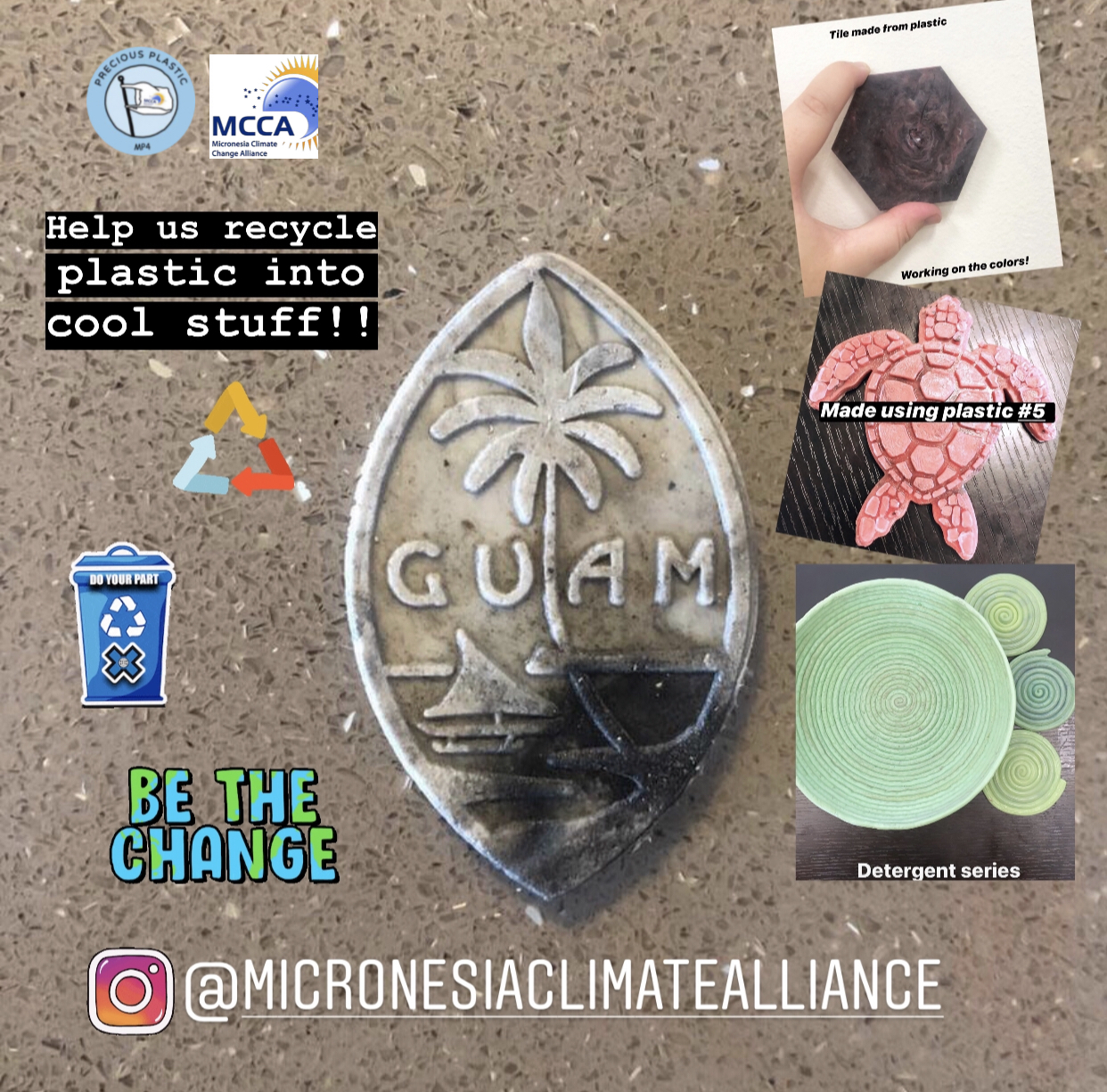Learning Standards/Objectives:
MCCA’s objective is to teach environmental awareness to students and bring a sustainable and environmental mindset to the community by teaching them how to sort their plastics at home and lead by example to their peers.
BI.2.23 – Explain, with examples, that ecology studies the varieties and interactions of living things across space, while evolution studies the varieties and interactions of living things across time. (page630)
- Students will learn how consumer plastics (which humans created) interact with living things on island and how long plastic takes to decompose.
BI.2.26 – Explain that the amount of life any environment can support is limited by the available energy, water, oxygen, and minerals, and by the ability of ecosystems to recycle the residue of dead organic materials; recognize, therefore, that human activities and technology can change the flow and reduce the fertility of the land. (page630)
- students will learn how not recycling can affect the environment and how it damages ecosystems on Guam.
CH.2.2 – Understand and explain how large molecules (i.e., polymers), such as proteins, nucleic acids, and starches, are formed by repetitive combinations of simple subunits (Page631)
- Students will learn how to sort plastics #2 high-density polyethylene & #5 polypropylene and learn about their polymers.
3.5.2 – Describe how discarded products contribute to the problem of waste disposal and how recycling can help solve this problem. (Page657)
- Students will learn how discarded products contribute to the island waste problem and how recycling can help. (science and technology)
HS.1.3 – Analyze how environment influences personal and community health. EXAMPLE: Design a recycling program at your school, village community center, mayor’s office, local market, church, and/or village fiesta. (Page212)
- Students will aid in setting up a recycling program at their school and to spread awareness with their peers.










